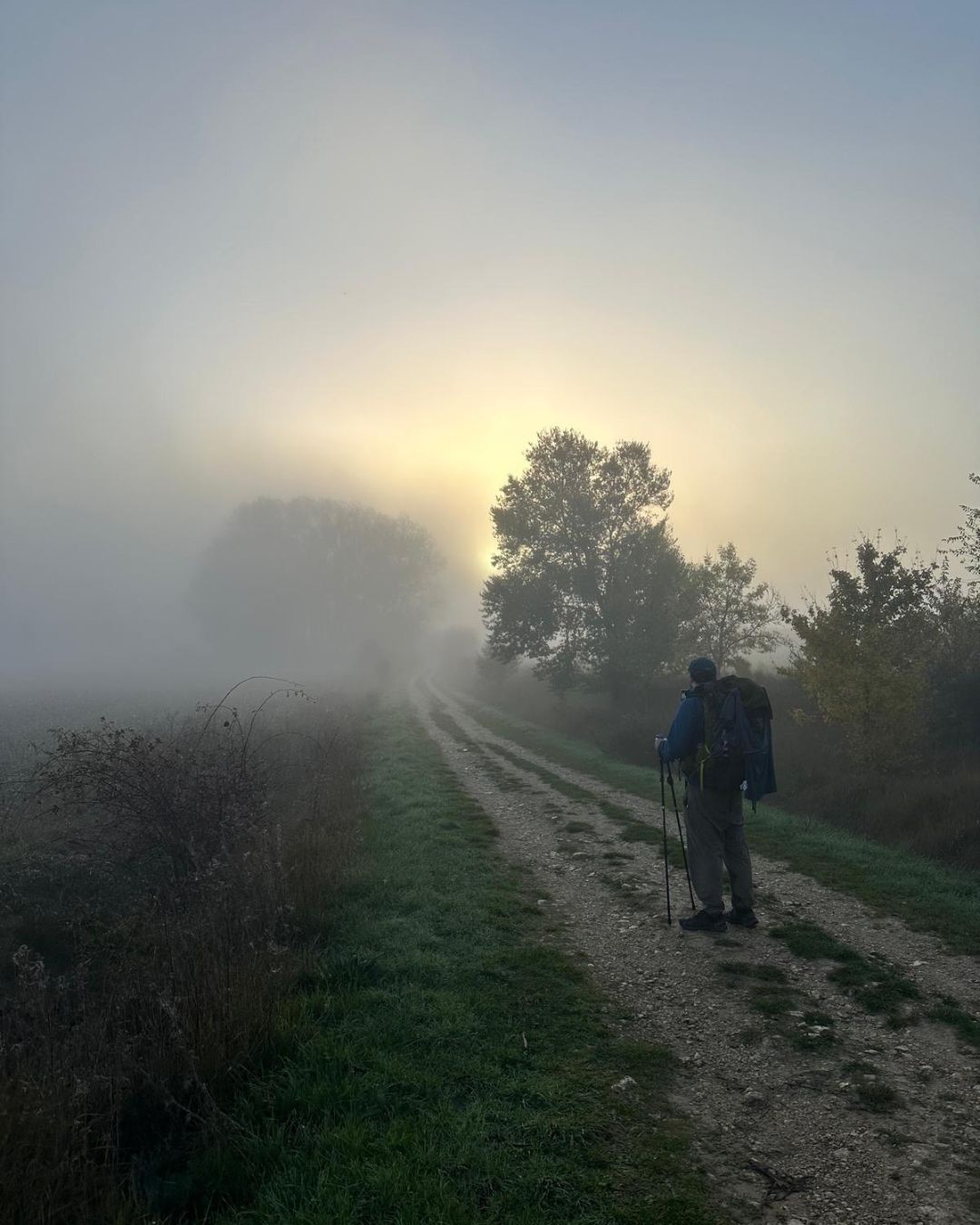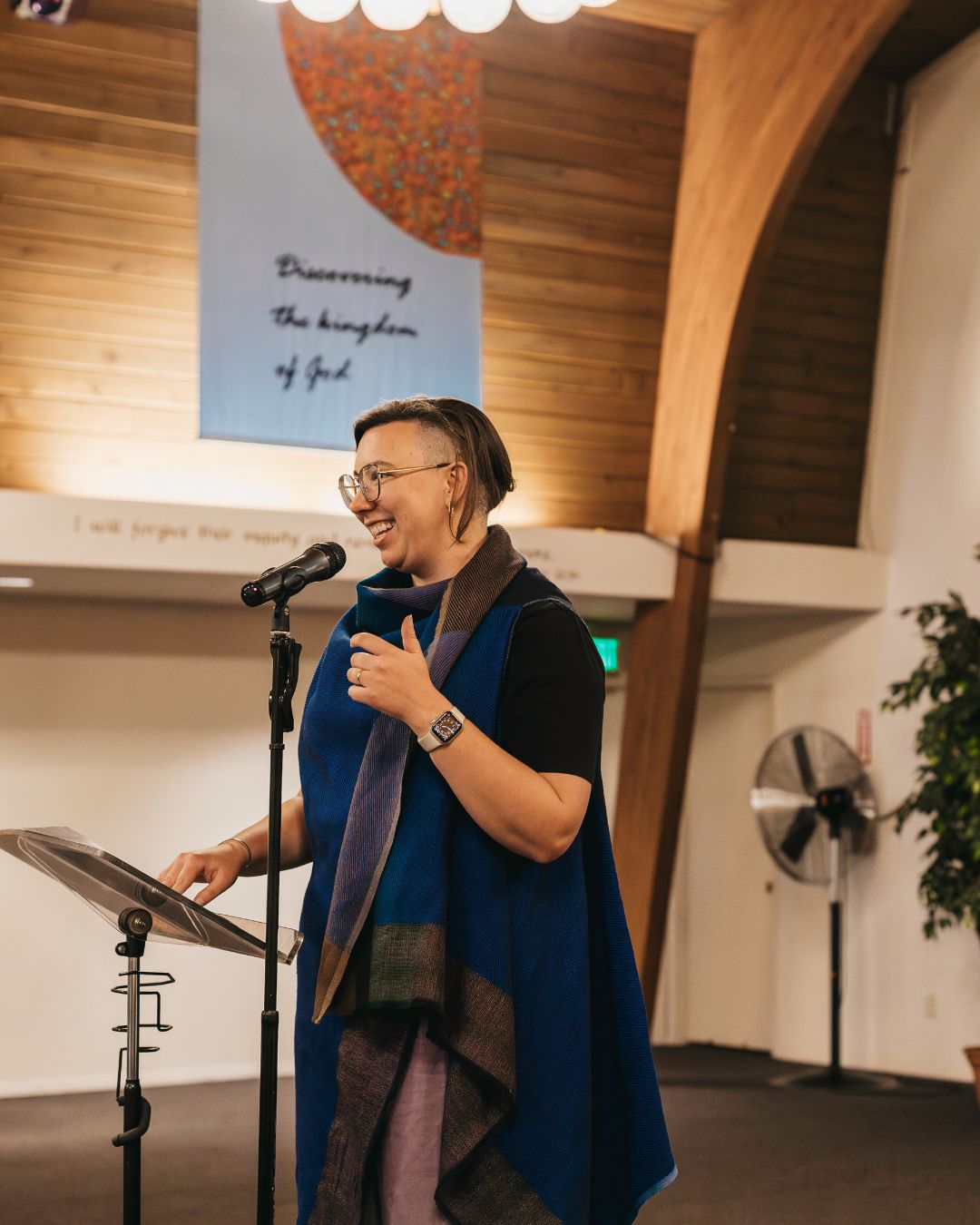The Center for Transforming Engagement
Current & Ongoing Research Projects
Learning from The Camino de Santiago – Resilience Research
At the Center for Transforming Engagement, we are resilience experts interested in learning how walking the Camino can help with burnout recovery, and whether it helps people grow through adversity – what we call resilience.
What we are looking for
Beyond burnout, I’m wondering about what happens after recovery. Getting back to previous levels of functioning is an immense accomplishment, but I know that I, for one, don’t want it to be my end point. From my own burnout and Camino experiences, I know that I am somehow different because of what I’ve gone through, and I need a way to understand its impact on me.
Who am I, now that I have gone through this? Does the Camino help burnout survivors to not only recover, but to grow? And if so, the future implications: Does having walked a Camino make us more resilient to face future challenges? Do we develop a higher capacity for facing difficulties? Are there other ways to achieve these outcomes? Or, might it be a benefit for ministry leaders to be sponsored to walk Caminos as part of their professional development, or even their seminary formation?
How it works?
When we have enough responses, we’ll compare (in aggregate) pilgrims’ initial and second assessments to see if there are markers of burnout recovery and of resilience development. Responses are separated from any identifying data to be anonymous, and combined with other responses to look for patterns that emerge for the whole group.
We are seeking to learn: Does walking the Camino help with burnout recovery? And beyond that: Does it help increase people to grow through adversity – what we call resilience?
How can you participate?
If you know of an individual or group who is getting ready to walk the Camino, please share this with them. More responses — even from people who are not burnt out, as a control group — will help our learnings. And if you want to know what we learn: sign up for our newsletter. When we write up our findings, we’ll share it first to participants, and then to our newsletter.

Reimagining Preaching in the Pacific Northwest

Over the coming months, we are conducting a project throughout the Pacific Northwest to learn what approaches to preaching are effective – what works (and what doesn’t!) for scriptural engagement for meaning-making in post-Christendom contexts. In this region, Christianity cannot be assumed as the dominant religion. We will begin with the Pacific Northwest (Oregon, Washington, British Columbia, Alaska) and may expand our search in a later project.
Our aim is to gather stories that will inspire, equip, and support preachers to craft transformational homilies and homiletic events as a way to give voice to cultural, political, theological diversity, while drawing communities together.
Faith communities doing innovative formats
We are looking for congregations or other forms of faith communities where “text, soul, and culture” are vibrant parts of scriptural engagement. To be recommended, the community should match with any part (not every part) of the description below. We used the word “congregants” to mean individuals who attend or participate in the community or congregation, whether occasionally or frequently.
Faith communities take many forms, and we are open to them all. They might meet Sunday mornings, other times of the week, or entirely digitally. They might receive funding from a denomination or be entirely self-sustaining. They might have ordained staff or be entirely volunteer-run.
We do not care about the size of the congregation or budget. There are small congregations with deeply compelling preaching!
Markers of Great Nominations
TEXT: Congregants process their lives through the lens of scripture and tradition (as part of a worship service or outside of it).
SOUL: Congregants report personal growth and/or spiritual maturity (defined as the ability to tolerate uncertainty and ambiguity) as a result of interacting with scripture in this community.
CULTURE: Congregants find a sense of belonging within the community (congregation or local community) as a result of their participation in the congregation, in which belonging does not rely on an us/them mentality. Congregants’ worldview is shaped towards greater faith, hope, and love by the way they engage scripture.
Innovative preachers
We are also looking for preachers in traditional formats (a single speaker behind a pulpit) who exemplify best practices of preaching in post-Christendom contexts.
Markers of Great Nominations
TEXT: Congregants process their lives through the lens of scripture and tradition (as part of a worship service or outside of it).
SOUL: Congregants report personal growth and/or spiritual maturity (defined as the ability to tolerate uncertainty and ambiguity) as a result of interacting with scripture in this community.
CULTURE: Congregants find a sense of belonging within the community (congregation or local community) as a result of their participation in the congregation, in which belonging does not rely on an us/them mentality. Congregants’ worldview is shaped towards greater faith, hope, and love by the way they engage scripture.
How can you participate?
Open nomination call
Do you know a preacher or Christian faith community doing something remarkable with scripture? We are interested in them even if they go beyond typical models.
Perhaps the preacher isn’t ordained or trained. Perhaps they would never use the word “preacher” or “pastor” to describe themselves. Perhaps they only preach on rare occasions; perhaps they do so regularly.
Perhaps the communities meet Sunday mornings and are a denominationally affiliated congregation. Perhaps they’re a small group that meets at another time of the week, or less often. Perhaps they’re totally independent, and would never use the word “church” to describe themselves. Maybe they’re big, small, in person, online, or some combination.
If they’re helping people engage scripture in ways that matter — we want to know.
Click here to submit a nomination
What happens after nomination?
Nominees will be screened via online presence (when available) then contacted for a conversation. Select congregations will be visited. With their consent, we will select some congregations to write about and share as models for innovative faith community and for reimagined scriptural engagement. We will also identify themes or best practices of innovative faith communities and of engaging scripture in post-Christendom contexts.
Click here to nominate a preacher or faith community
